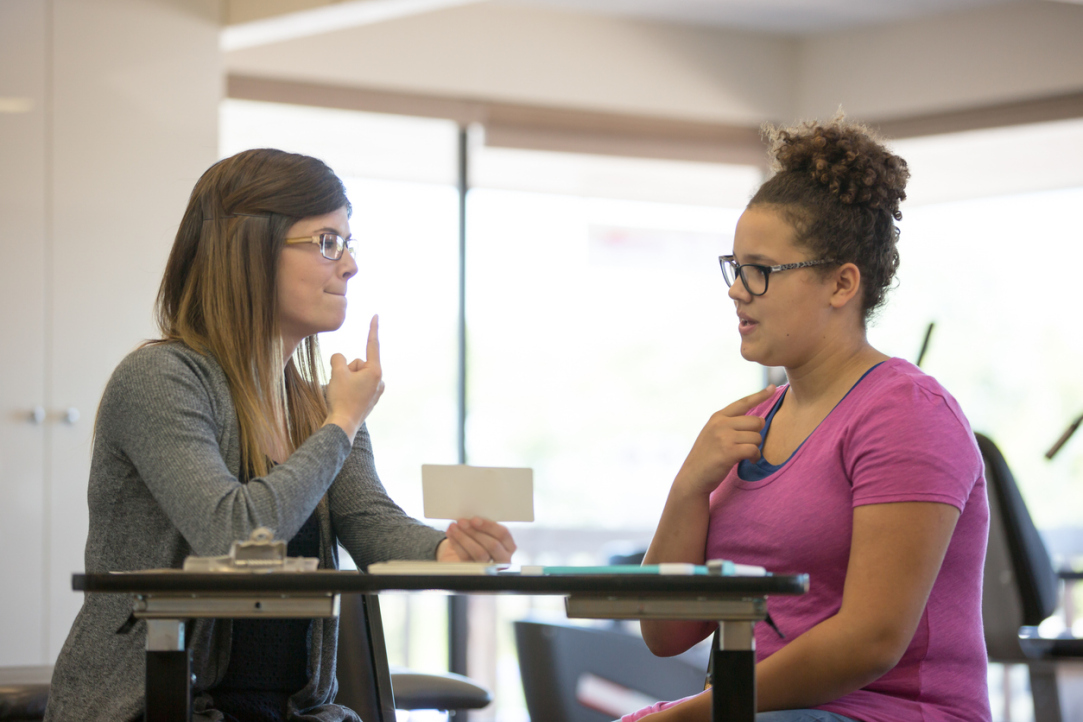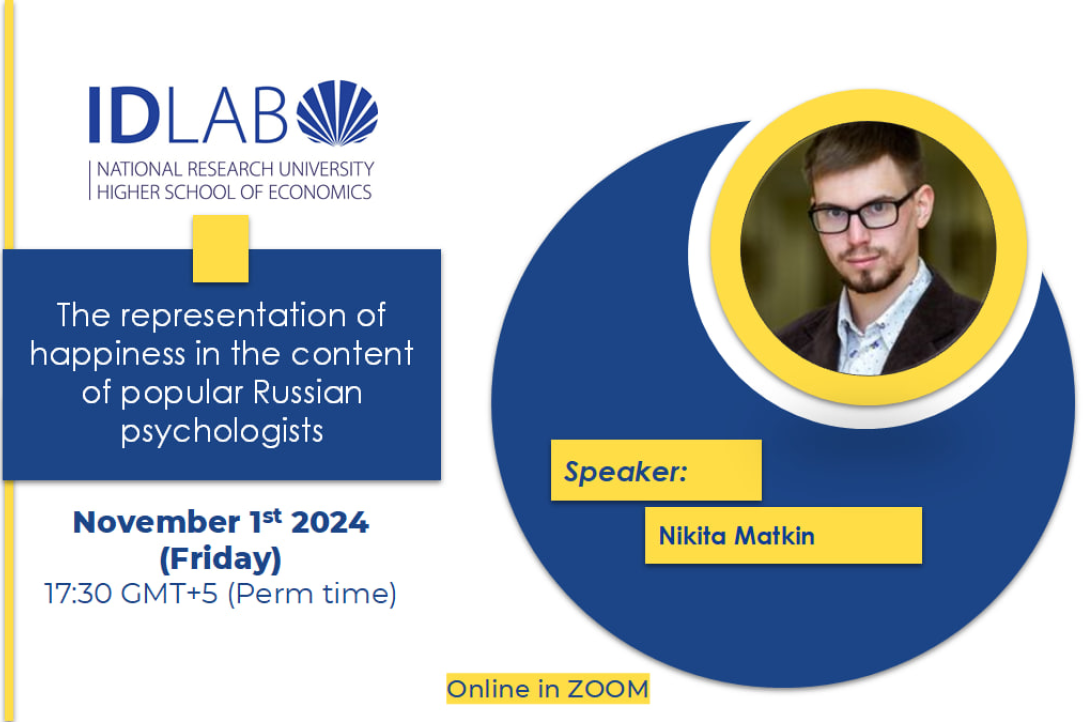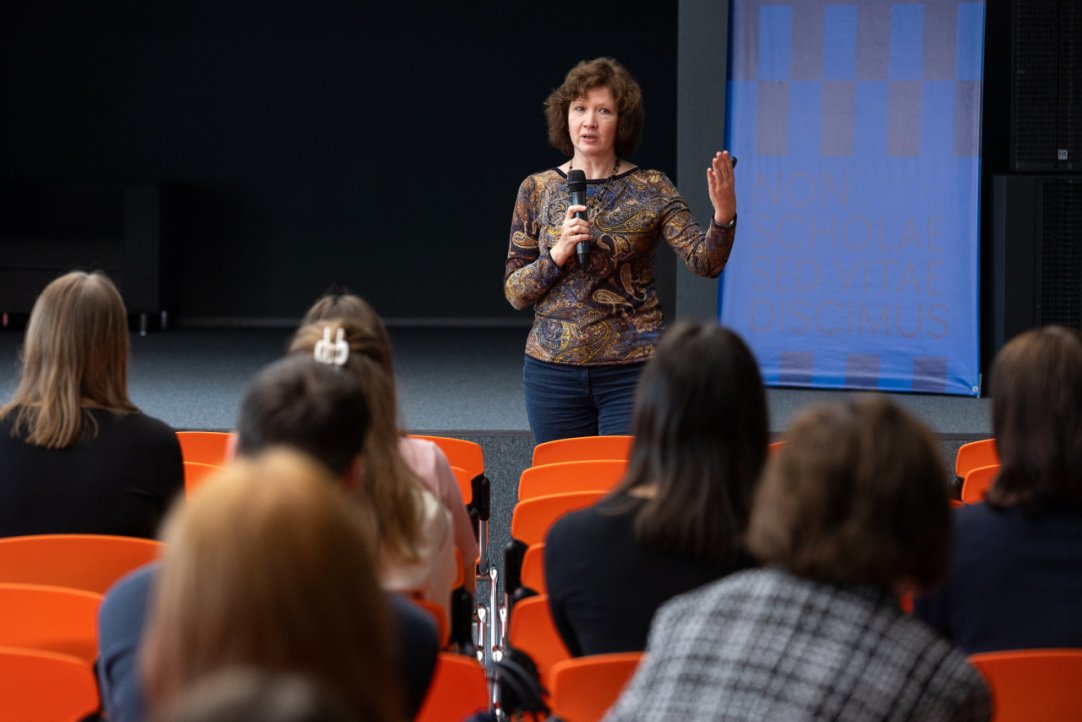
Esports Players Play Better Online
In competitions, esports players, like other athletes, face stress and show worse results due to pressure. A substantial decrease takes place in the performance of esports players during overtime. This effect, however, is significantly mitigated in online competitions compared to live events—the difference can reach 30%. A study by a team of authors from HSE University’s Moscow and Perm campuses and European University Viadrina (Germany) explores the phenomenon of choking under pressure within the context of esports. The study was published in the Journal of Economic Behavior & Organization.

(Ab)normal Language: HSE Researchers Present Digital Tools for Assessing Mental Health Problems
Often, individuals with neurological or mental disorders exhibit distinctive language patterns. In modern clinical practice, digital tools can play a significant role in supporting language therapy and rehabilitation for persons with language disorders. Additionally, in the future, digital tools could assist healthcare specialists in assessing the severity of symptoms associated with such disorders.

A New Tool Designed to Assess AI Ethics in Medicine Developed at HSE University
A team of researchers at the HSE AI Research Centre has created an index to evaluate the ethical standards of artificial intelligence (AI) systems used in medicine. This tool is designed to minimise potential risks and promote safer development and implementation of AI technologies in medical practice.

Smoking Habit Affects Response to False Feedback
A team of scientists at HSE University, in collaboration with the Institute of Higher Nervous Activity and Neurophysiology of the Russian Academy of Sciences, studied how people respond to deception when under stress and cognitive load. The study revealed that smoking habits interfere with performance on cognitive tasks involving memory and attention and impairs a person’s ability to detect deception. The study findings have been published in Frontiers in Neuroscience.

‘Philosophy Is Thinking Outside the Box’
In October 2024, Louis Vervoort, Associate Professor at the School of Philosophy and Cultural Studies of the Faculty of Humanities presented his report ‘Gettier's Problem and Quine's Epistemic Holism: A Unified Account’ at the Formal Philosophy seminar, which covered one of the basic problems of contemporary epistemology. What are the limitations of physics as a science? What are the dangers of AI? How to survive the Russian cold? Louis Vervoort discussed these and many other questions in his interview with the HSE News Service.

IDLab Seminar: How Do Popular Psychologists in Russia Present the Concept of Happiness?
On November 1, an online research seminar organized by the international laboratory IDLab took place, during which research assistant Nikita Matkin presented a study on the popularity and content of videos on the topic of "happiness" among Russian psychologists. The seminar gathered students and scholars not only from Perm but also from Moscow, attracting the interest of a wide audience.

Children with Autism Process Auditory Information Differently
A team of scientists, including researchers from the HSE Centre for Language and Brain, examined specific aspects of auditory perception in children with autism. The scientists observed atypical alpha rhythm activity both during sound perception and at rest. This suggests that these children experience abnormalities in the early stages of sound processing in the brain's auditory cortex. Over time, these abnormalities can result in language difficulties. The study findings have been published in Brain Structure and Function.

HSE Scientists Propose AI-Driven Solutions for Medical Applications
Artificial intelligence will not replace medical professionals but can serve as an excellent assistant to them. Healthcare requires advanced technologies capable of rapidly analysing and monitoring patients' conditions. HSE scientists have integrated AI in preoperative planning and postoperative outcome evaluation for spinal surgery and developed an automated intelligent system to assess the biomechanics of the arms and legs.

Smartphones Not Used for Digital Learning among Russian School Students
Despite the widespread use of smartphones, teachers have not fully integrated them into the teaching and learning process, including for developing students' digital skills. Irina Dvoretskaya, Research Fellow at the HSE Institute of Education, has examined the patterns of mobile device use for learning among students in grades 9 to 11.

Peculiarities of Intercultural Communications: a Meeting With the Head of HSE St Petersburg International Office Was Held at HSE Perm
What distance should be maintained with representatives of Eastern countries? Why can crossed legs pose ruin negotiations? How to properly build intercultural interaction? Students of the educational programme “Foreign Languages and Intercultural Communication in Business” of HSE Perm discussed these and other key principles of work of an external relations specialist with the head of the International Office of HSE St Petersburg Maria Kiseleva.

